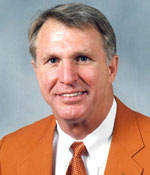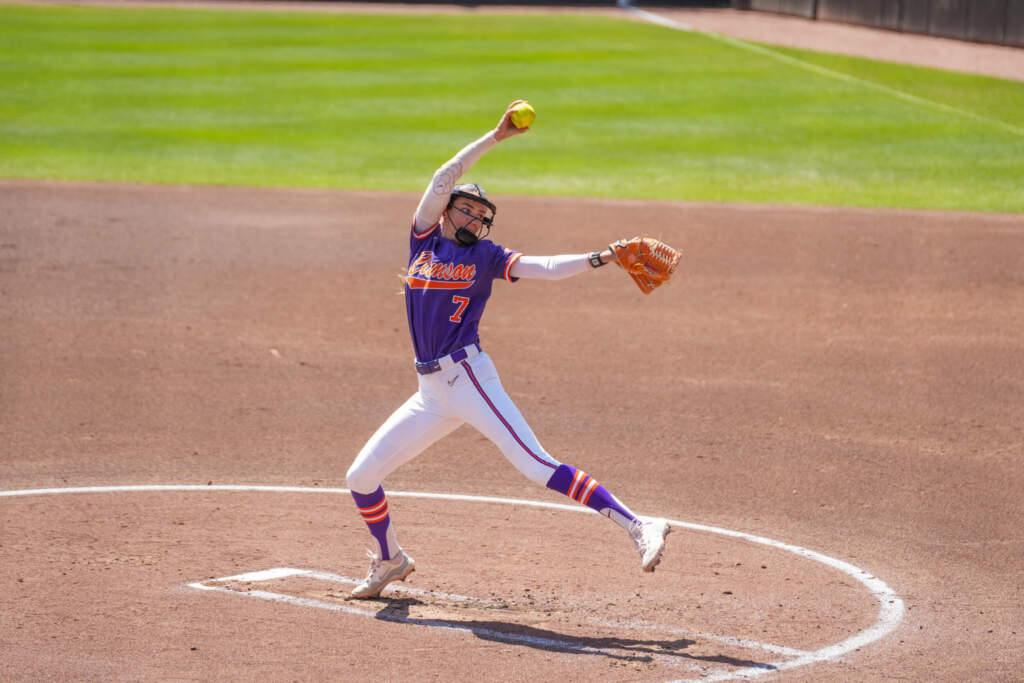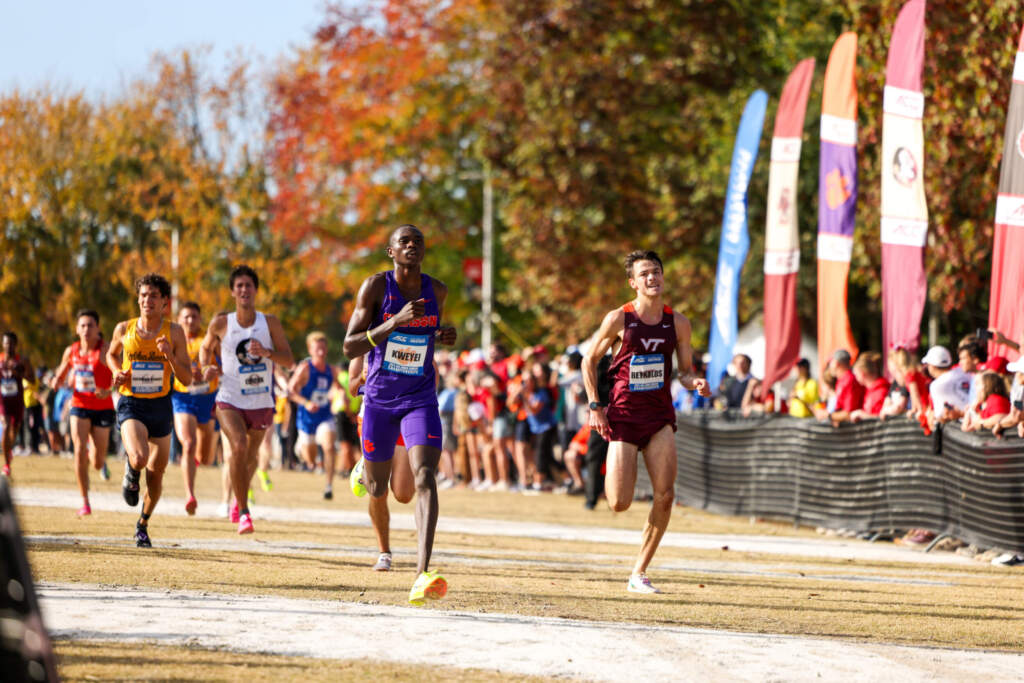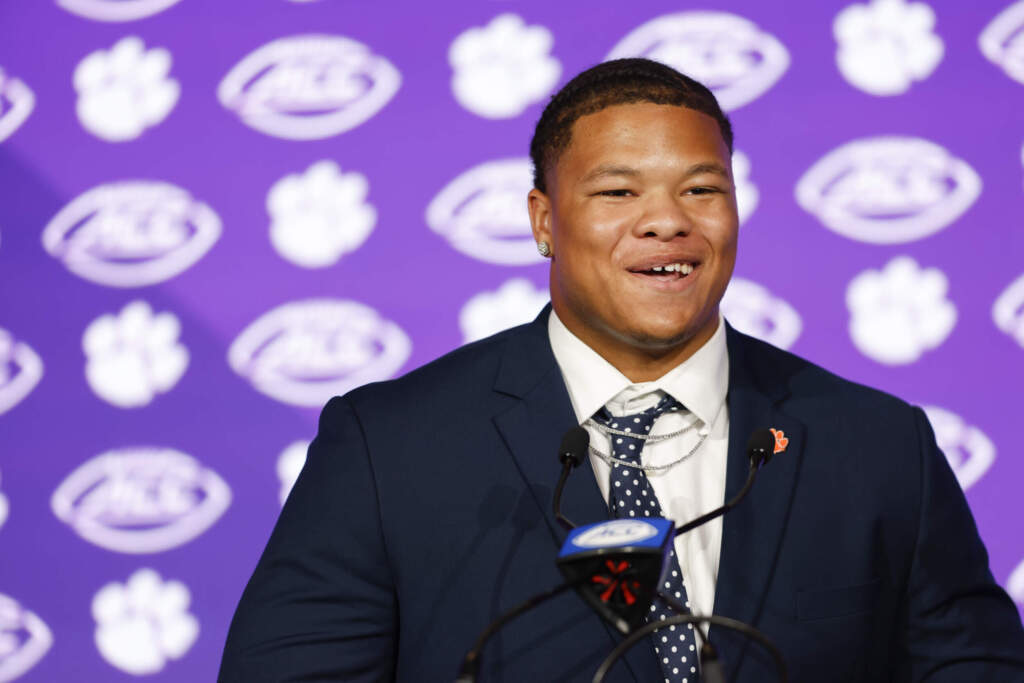Nov. 10, 2004
Some may not be aware of an initiative on behalf of the American Football Coaches Association (AFCA) and the NCAA regarding gambling. It is a campaign to make student-athletes aware of the danger of gambling in sports. The campaign is called “Don’t Bet On It”.
It is in response to the findings of an NCAA study that revealed a “disturbing” frequency of sports wagering among student-athletes. We thought it would be useful to provide some information on this issue. Supporters are likely to learn more about the initiative in the coming weeks. A part of the campaign involves coaches and student-athletes wearing blue wristbands as a reminder of sports wagering concerns.
A NCAA Sports Wagering Task Force in 2003 collected information nationally on sports wagering from a sample of student-athletes — more than 20,000 student-athletes across all divisions. Among the task force findings are:
- Football players reported taking part in significant infractions of NCAA bylaws at rates slightly higher than men’s basketball players,
- 1.1 percent of football players (23 of 2,132 surveyed) reported taking money for playing poorly in a game,
- 2.3 percent of football players (49 of 2,132 surveyed) admitted they had been asked to affect the outcome of a game because of gambling debts,
- 1.4 percent of football players (29 of 2,132 surveyed) admitted have affected the outcome of a game because of gambling debts,
- No campus is immune to the problems of sports wagering.
Furthermore, the AFCA/NCAA cited four points regarding the significant repercussions of sports wagering:
- Sports wagering has the potential to undermine the integrity of sports contests and jeopardizes the well-being of student-athletes and the intercollegiate athletic community,
- A student-athlete who is involved in sports wagering on the student-athlete’s institution shall permanently lose all remaining regular-season and post-season eligibility in all sports,
- A student-athlete who is involved in any sports wagering activity that involves intercollegiate athletics or professional athletics, through a bookmaker, a parlay card or any other method employed by organized gambling, shall be ineligible for all regular-season and post season competition for a minimum of one year,
- One mission of the NCAA is to build an infrastructure of awareness and support to equip those involved with student-athletes with the tools to educate them about damaging influences, including sports wagering.
Going back to the gambling scandal at the University of Kentucky in the early 1950s up to the more recent Northwestern University basketball scandal, collegiate sports gambling has been and is a concern on college campuses. Let me urge anyone who suspects this may be happening to contact the FBI or their local law enforcement agencies. They may also contact me personally or someone at this school.
Hopefully, we will not have that problem here. We certainly have no reason to believe anything like this is happening at our campus or within our conference.
Yet, as a quote from an FBI agent in the NCAA brochure said, if organized crime has an opportunity to make some money, they will be on your campus. Because of the various modes available for gambling, the NCAA and AFCA are working with due diligence to create an awareness program for our student-athletes and our coaches on the danger gambling presents to the integrity of sports.
If we ever get to the point that we can not depend on the integrity of the event’s result, then sports will deteriorate. That’s why he NCAA has very strict rules about gambling. That’s why we are prohibited from participating in office pools. While this may sound silly to some, it is necessary to draw a line in the sand about sports wagering and to be very clear about our position regarding gambling.
Terry Don Phillips
Past ColumnsNovember 3, 2004October 26, 2004October 21, 2004October 11, 2004October 4, 2004
 Syracuse
Syracuse 
 Virginia
Virginia 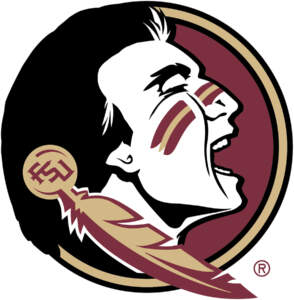 Florida State
Florida State  Wake Forest
Wake Forest 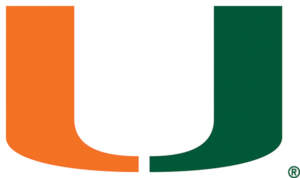 Miami (Fla.)
Miami (Fla.) 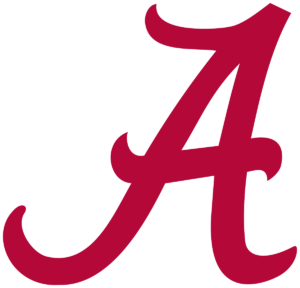 Alabama
Alabama  Tennessee
Tennessee  Charlotte
Charlotte  USC Upstate
USC Upstate 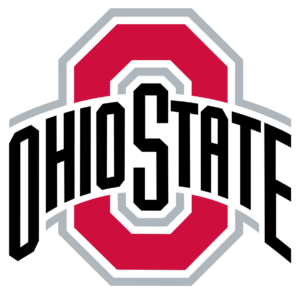 Ohio State
Ohio State  Georgia State`
Georgia State`  Ohio University
Ohio University  Indiana
Indiana  Virginia Tech
Virginia Tech  Tiger Classic
Tiger Classic 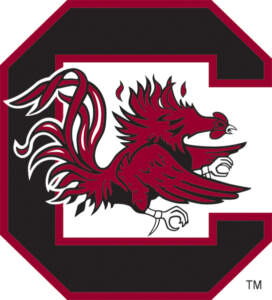 South Carolina
South Carolina 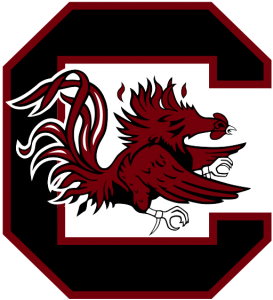 South Carolina
South Carolina  Campbell
Campbell 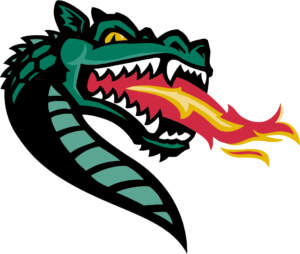 UAB
UAB  East Tennessee State
East Tennessee State  LSU
LSU 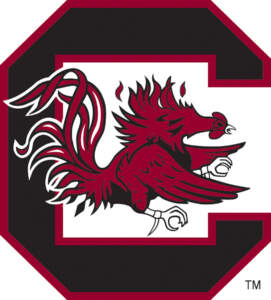 South Carolina
South Carolina  App State
App State 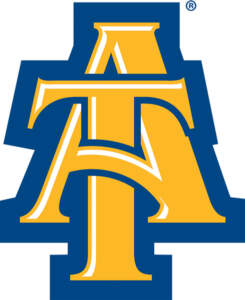 North Carolina A&T
North Carolina A&T  Charlotte
Charlotte 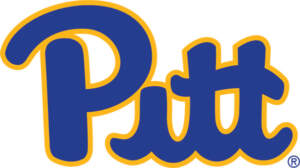 Pittsburgh
Pittsburgh  Troy
Troy  Georgia
Georgia  Cougar Classic
Cougar Classic 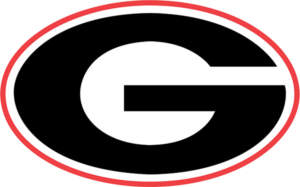 Georgia
Georgia  VCU
VCU  Stanford
Stanford  Elon
Elon 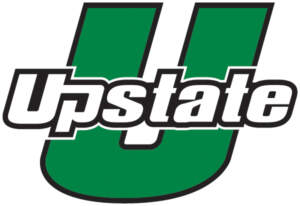 USC Upstate
USC Upstate 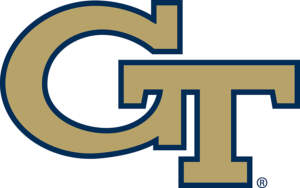 Georgia Tech
Georgia Tech  Wofford
Wofford  SMU
SMU 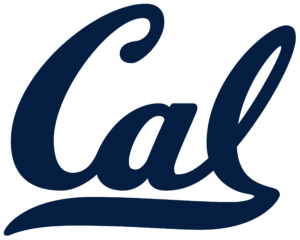 California
California  Queens
Queens  Georgetown
Georgetown  Norfolk State
Norfolk State 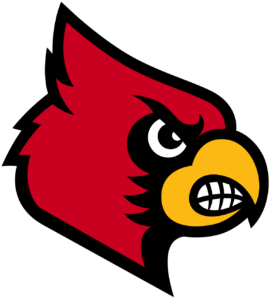 Louisville
Louisville  Charleston Southern
Charleston Southern  Mason Rudolph Championship
Mason Rudolph Championship 

